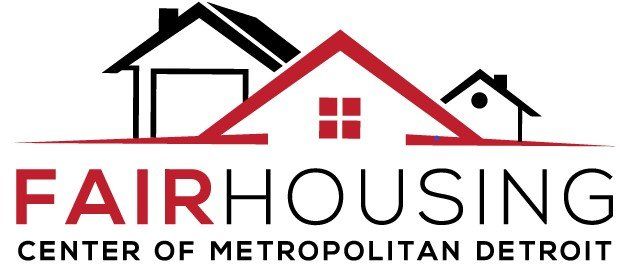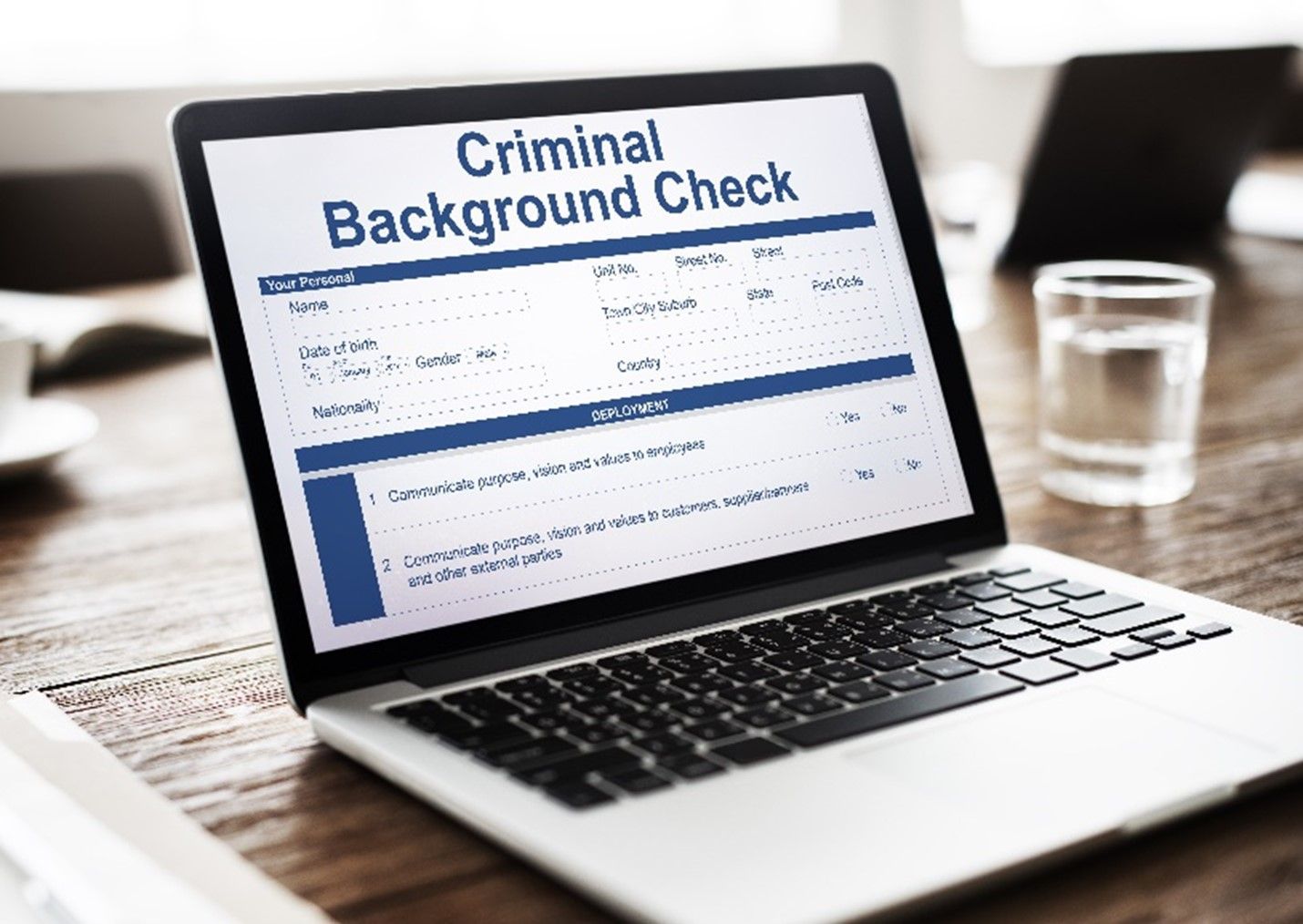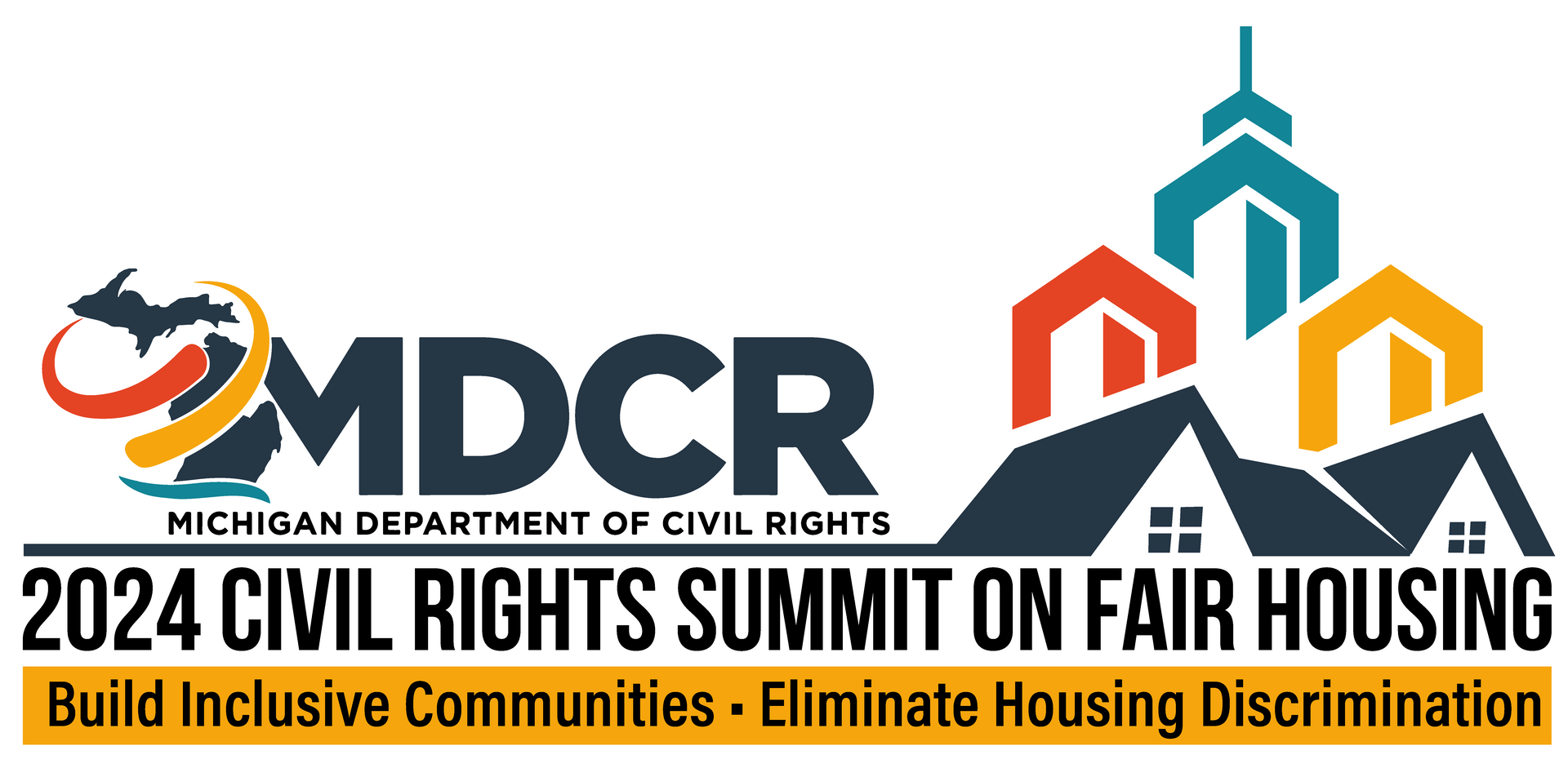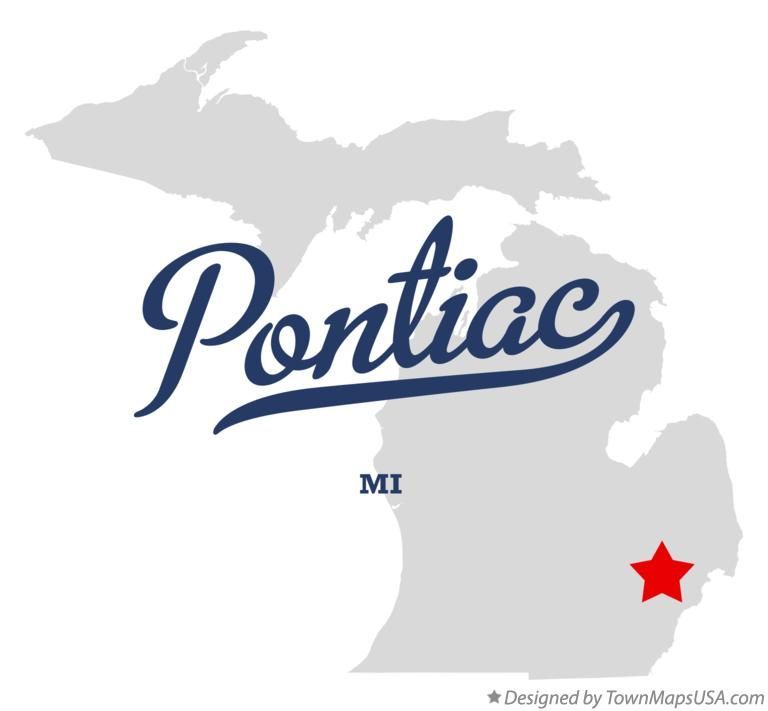Special Purpose Credit Programs (SPCPs)
SPCPs Recommended to Address Disparities in Access to Homeownership
The federal Equal Opportunity Act makes it unlawful for any mortgage lender or creditor to discriminate against an applicant based on race, color, religion, national origin, sex or marital status, or age (provided the applicant has the capacity to contract); because all or part of the applicant's income derives from any public assistance program; or because the applicant has in good faith exercised any right under the Consumer Credit Protection Act. 15 U.S.C. § 1601(a).*
The ECOA states that it shall not constitute discrimination if a creditor refuses to extend credit to an applicant if such refusal occurs under one of the following “special purpose credit programs” or “SPCPs”:
(1) a credit assistance program expressly authorized by law for an economically disadvantaged class of persons;
(2) a credit assistance program administered by a nonprofit organization for its members or an economically disadvantaged class of persons; or
(3) a special purpose credit program offered by a profit-making organization to meet special social needs which meets standards prescribed in regulations by the Consumer Financial Protection Bureau (CFPB).
15 U.S.C. § 1601(c).
The CFPB implements the ECOA through Regulation B. Under Regulation B, a program may qualify as an SPCP “only if it was established and is administered so as not to discriminate against an applicant on any prohibited basis; however, all program participants may be required to share one or more common characteristics (for example, race, national origin, or sex) so long as the program was not established and is not administered with the purpose of evading the requirements of [ECOA] or this part.” 12 C.F.R. § 1002.8(b)(2).
HUD’s Office of General Counsel (OGC) has released issued guidance to clarify that compliant SPCPs satisfying the CFPB’s implementing regulations do not violate the antidiscrimination requirements of the federal Fair Housing Act. Further, according to the OGC guidance, “qualifying SPCP must be . . . administered so as to not discriminate against an applicant because of a protected characteristic that is not a specifically articulated preference for the SPCP, and it must ensure there is no accompanying restriction of credit available to applicants not in the categories of preferred applicants under the SPCP.” The OGC’s guidance notes that “specific programs that Congress expressly contemplated in the legislative history include government-sponsored housing credit subsidies for low-income individuals and seniors.”
Along with the OGC’s guidance, HUD’s Office of Fair Housing and Equal Opportunity (FHEO) has released a statement encouraging lenders to adopt SPCPs to help remedy long standing disparities in access to homeownership.
- FHEO’s Statement by HUD’s Office of Fair Housing and Equal Opportunity on Special Purpose Credit Programs as a Remedy for Disparities in Access to Homeownership (December 7, 2021)
- HUD’s Office of General Counsel Guidance on the Fair Housing Act’s Treatment of Certain Special Purpose Credit Programs that Are Designed and Implemented in Compliance with the Equal Credit Opportunity Act and Regulation B (December 7, 2021)
- CFPB Advisory Opinion to Help Expand Fair, Equitable, and Nondiscriminatory Access to Credit (December 21, 2020)
*The Consumer Credit Protection Act or "CPPA", 15 U.S.C. § 1601 et seq., is made up of several titles, including the TILA (Title I of the CPPA); the Fair Credit Reporting Act (FCRA), 15 U.S.C. §§ 1681-1681x (Title VI); the ECOA, 15 U.S.C. § 1601 et seq. (Title VII); and the Fair Debt Collection Practices Act (FDCPA), 15 U.S.C. §§ 1692-1692o (Title VIII).
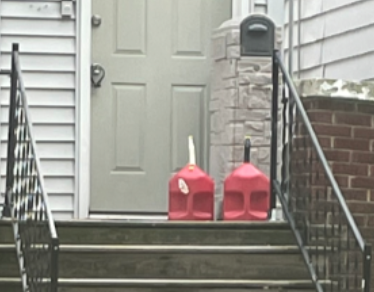


Contact Information
Address: 5555 Conner St., Suite 2244 Detroit, MI 48213-3487
Phone: (313) 579-FAIR
Fax: (313) 963-4817
Email: info@fairhousingdetroit.org
Business Hours
- Mon - Thu
- -
- Friday
- -
- Sat - Sun
- Closed
Our Location
Contact Information
Address: 5555 Conner St., Suite 2244, Detroit, MI 48213-3487
Phone: 313-579-FAIR
Fax: 313-963-4817
Email: info@fairhousingdetroit.org
Business Hours
- Mon - Thu
- -
- Friday
- -
- Sat - Sun
- Closed
Our Location
Contact Information
Address: 5555 Conner, Suite 2244, Detroit, MI 48213-3487
Phone: 313-579-FAIR
Fax: 313-963-4817
Email: info@fairhousingdetroit.org
Business Hours
- Mon - Thu
- -
- Friday
- -
- Sat - Sun
- Closed
